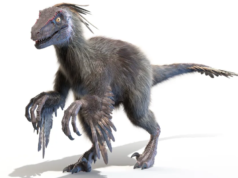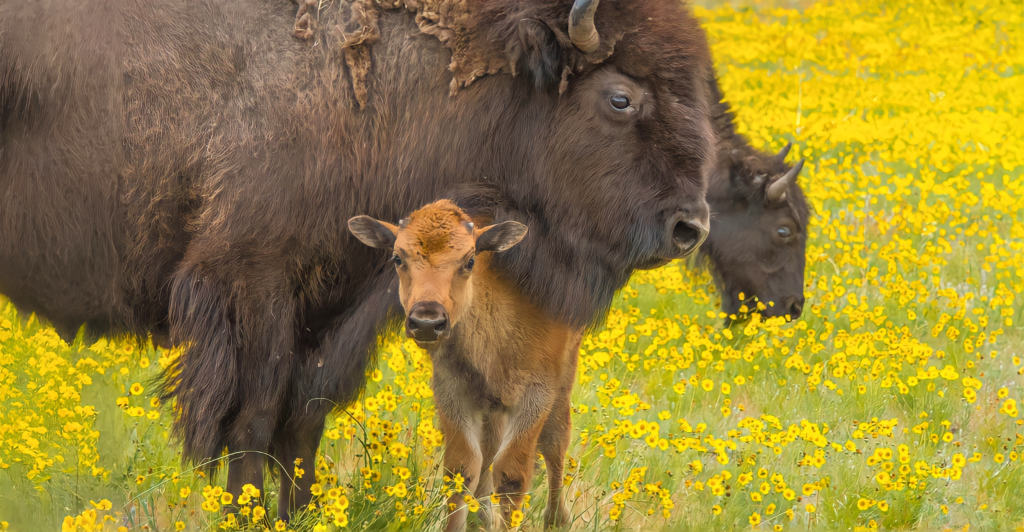
Researchers from Texas A&M College of Veterinary Medicine and Biomedical Sciences (VMBS) have made a significant discovery regarding the bison population in Yellowstone National Park. This study shows that the bison, the only group of American bison that have continuously existed as wildlife in the United States, now consists of a single large interbreeding population. This discovery has significant implications for the management and conservation of these iconic animals.”
Background on Yellowstone Bison
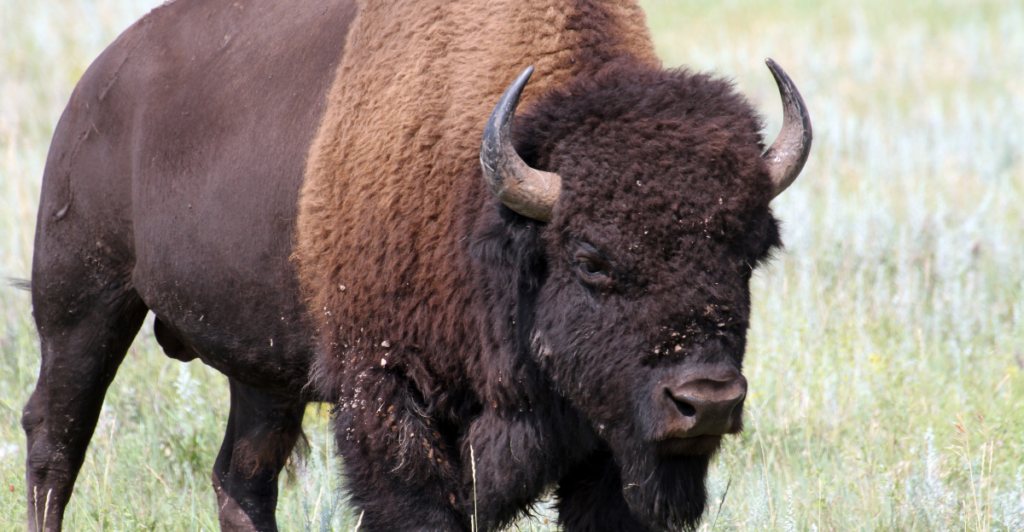
Yellowstone’s bison population has a storied history. In the 19th century, it suffered near extinction from poaching and habitat loss. By the early 1900s, American bison populations had fallen by 99.9% across North America, with only 23 wild bison known to have survived in Yellowstone. This dramatic decline is referred to as the “population bottleneck.”
Conservation Efforts

Conservationists brought a few domestic bison from western Montana and the Texas Panhandle to Yellowstone in 1902 to restore the bison population. This effort was intended to establish a stable, thriving population in what is recognized as the world’s first national park.
Previous Genetic Studies
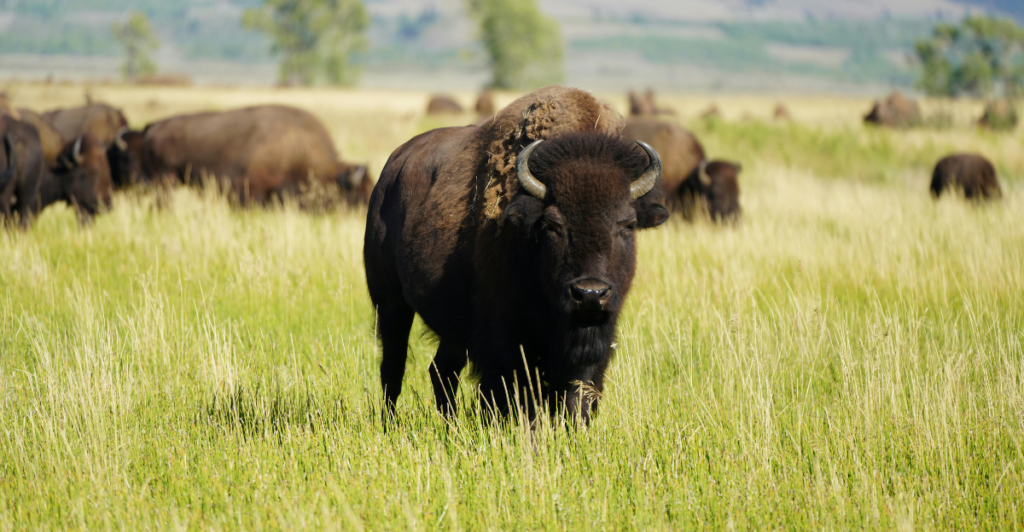
Population genetic studies conducted about 20 years ago suggested that Yellowstone bison preserved much of their historic breeding patterns. At the time, researchers determined that there were two distinct herds in the national park, indicating some genetic diversity between them.
New Findings
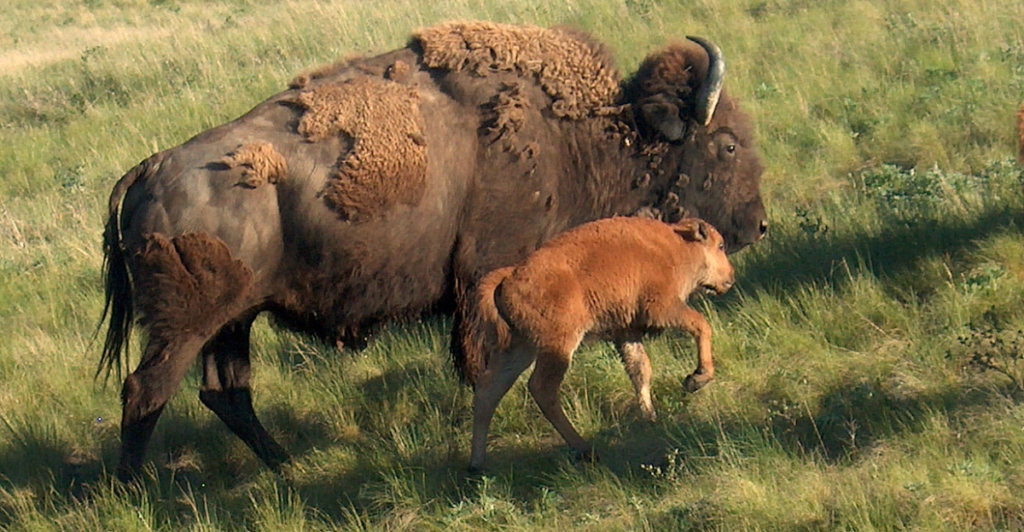
A new study published in the Journal of Heredity reveals a dramatic change in breeding behavior among the bison population in Yellowstone. Researchers discovered that these animals now operate as a single large interbreeding herd instead of two separate populations.
Implications for Management
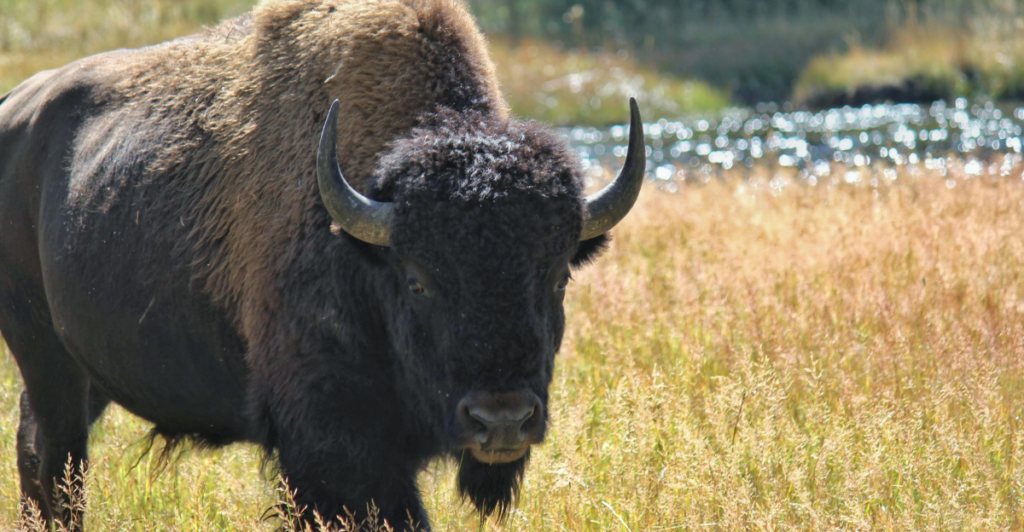
Dr. James Derr, a professor in VMBS’ Department of Veterinary Pathobiology (VTPB), emphasized that this discovery has direct implications for the long-term conservation and management strategies of this iconic bison population. This finding indicates that management may need to be adjusted accordingly, as it means that there appears to be one interbreeding herd.
Research Methodology
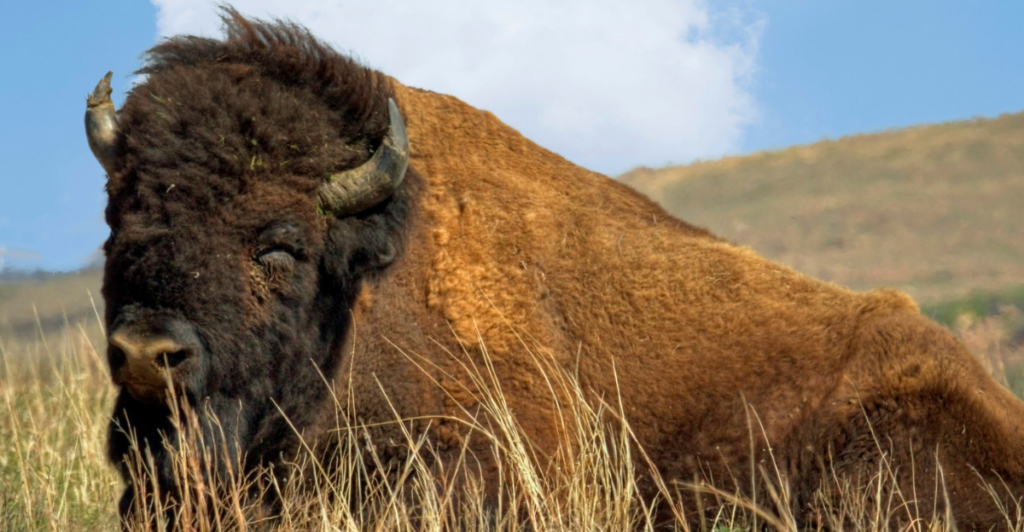
To reach these conclusions, scientists analyzed genetic samples from two populations of summer breeders and two major winter ranges inside Yellowstone. These locations were chosen because separate herds would be expected to show genetic differences.
Observations on Genetic Health
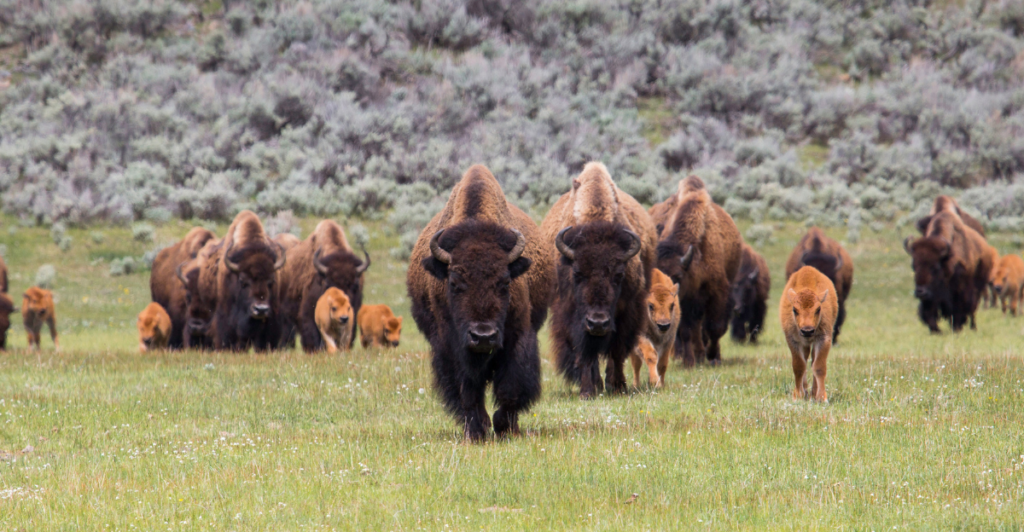
Although genetic diversity has raised concerns, the researchers say the study suggests the Yellowstone bison population is operating as one genetically healthy unit. Current estimates indicate that this population fluctuates between 4,000 to 6,000 individuals.
Continued Debate Among Conservationists
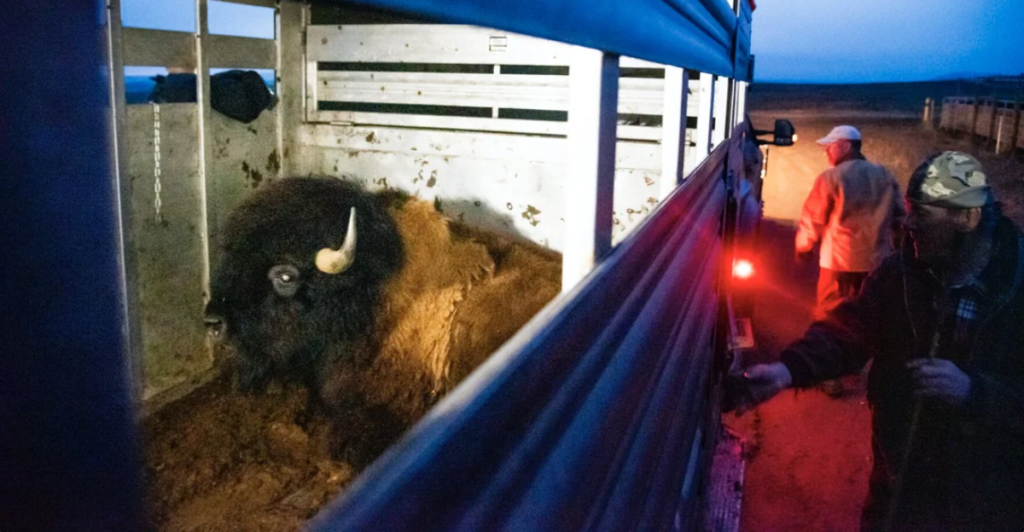
Dr. Sam Stroupe, a VTPB postdoctoral researcher who worked on the study, said that conservationists have long debated the best approaches to managing genetic diversity within Yellowstone’s bison population. This new research offers clarity on their breeding structure.
Importance of Accurate Data
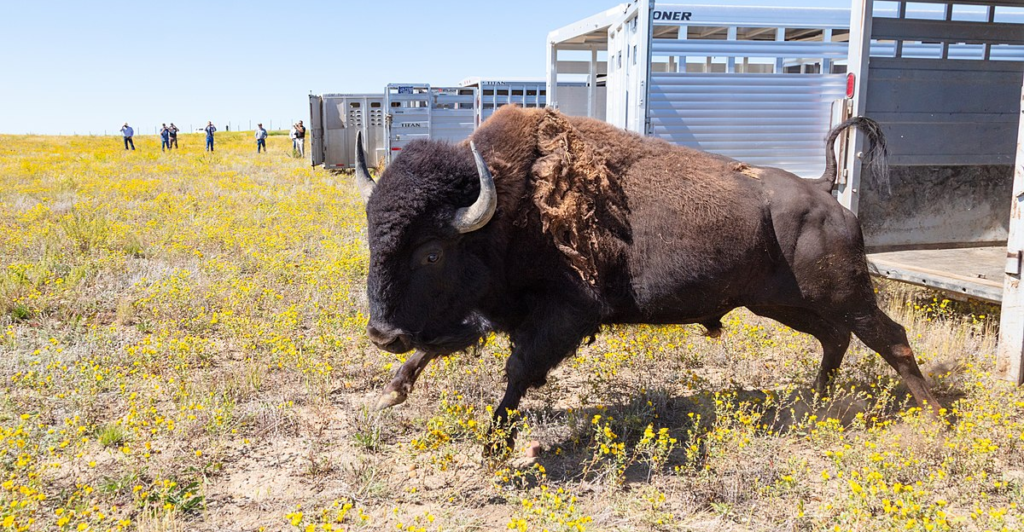
Armed with this new knowledge of Yellowstone’s bison genetics, management decisions can now be based on accurate information about their breeding structure and overall genetic health. This is important for maintaining the long-term sustainability and health of this flagship herd.
Future Conservation Strategies
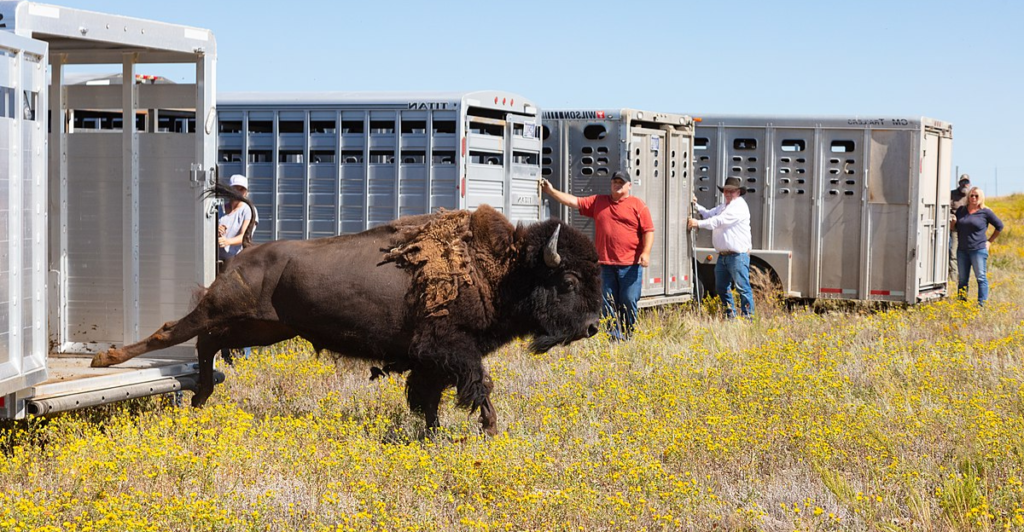
Researchers hope that their findings can be useful for experts responsible for bison conservation in Yellowstone National Park. Effective management strategies will be crucial to the health and sustainability of this important species.
A Pivotal Moment for Wildlife Conservation
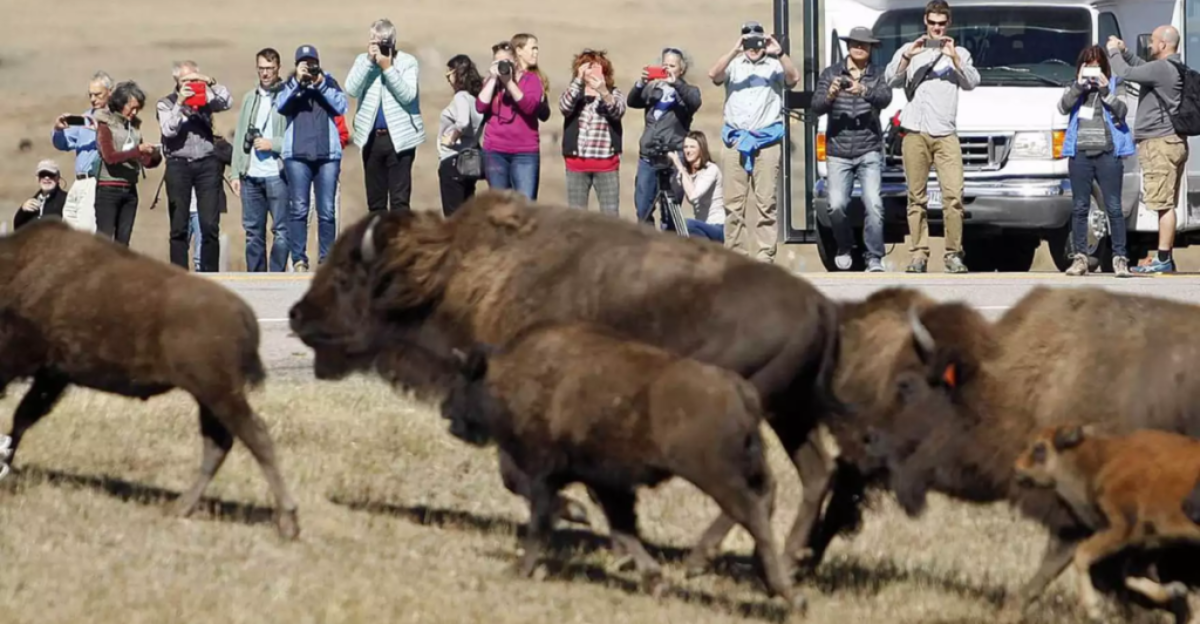
The discovery that Yellowstone’s bison now comprise a single interbreeding herd marks a pivotal moment for wildlife conservation efforts in the region. As researchers continue to monitor this population, their work will undoubtedly shape future strategies aimed at preserving one of America’s most iconic mammals for generations to come.
Explore more of our trending stories and hit Follow to keep them coming to your feed!

Don’t miss out on more stories like this! Hit the Follow button at the top of this article to stay updated with the latest news. Share your thoughts in the comments—we’d love to hear from you!




